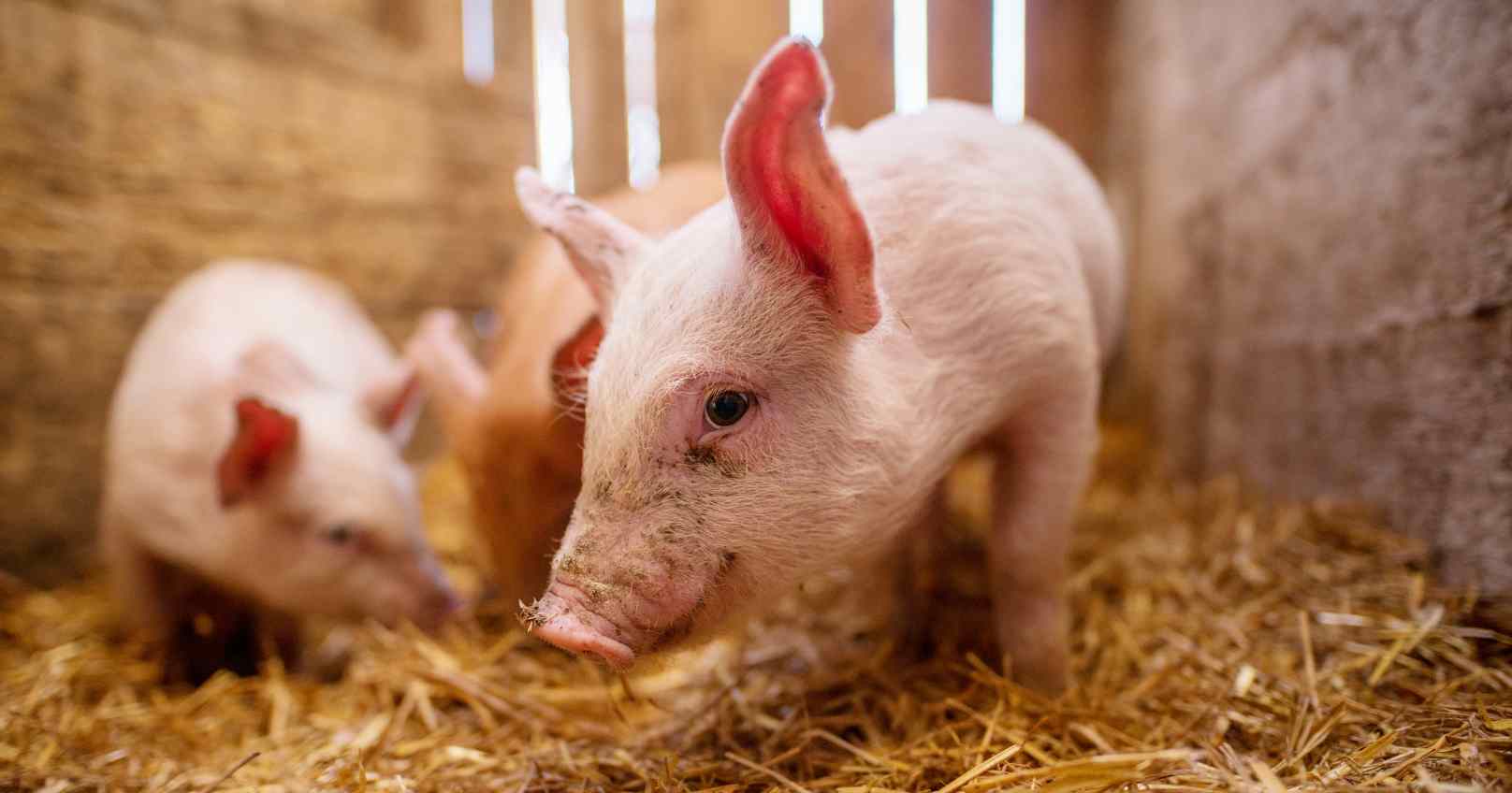In a medical breakthrough, Chinese doctors have announced the successful transplantation of a liver from a genetically modified pig into a brain-dead human. This marks the first time such a procedure has been carried out, offering hope for future organ transplants to address the growing demand for liver donations.
Pigs have emerged as a promising source of organ donors, with recent cases in the United States where living patients have received pig kidneys and hearts. However, liver transplants have been more challenging due to the organ's complex functions.
First-of-Its-Kind Procedure
The groundbreaking transplant took place at the Fourth Military Medical University in Xi’an, China. According to a study published in Nature, the liver was taken from a miniature pig that had undergone six genetic modifications to improve its compatibility with human recipients.
The procedure, conducted on March 10, 2024, involved an auxiliary transplant, meaning the patient’s original liver remained intact while the pig liver was introduced to support its function. Over the next 10 days, doctors closely monitored key indicators such as bile production, immune response, and blood flow.
The research team reported that the pig liver performed essential functions, including bile secretion and the production of albumin, a crucial protein. Study co-author Lin Wang described the results as "a significant achievement," noting that the pig liver functioned well during the monitoring period.
A ‘Bridge’ to Human Liver Transplants
This auxiliary transplant model is seen as a potential "bridge" for critically ill patients awaiting human liver transplants. Unlike the heart, which primarily pumps blood, the liver performs multiple tasks, including filtering toxins, processing medications, and aiding digestion by producing bile. The pig liver in this study produced smaller amounts of bile and albumin than a human liver, indicating that further refinements are needed before it can serve as a long-term solution.
Although the trial ended after 10 days at the family’s request, researchers emphasized that the experiment adhered to strict ethical guidelines. They now plan to conduct similar trials on living patients to further assess the viability of pig liver transplants.
Expert Reactions and Future Prospects
Medical experts worldwide have praised the study while cautioning that it is still an early step. Oxford University transplantation professor Peter Friend described the findings as “valuable and impressive” but stressed that pig liver transplants are not yet a substitute for human donor organs. However, he acknowledged that the research offers a promising path toward using genetically modified livers to support patients suffering from liver failure.
Chinese researchers credited U.S. scientists for laying the groundwork in this field. Last year, researchers at the University of Pennsylvania attached a pig liver to a brain-dead patient but did not transplant it into the body. Previous pig heart transplants in the U.S. have also faced challenges, as both recipients later passed away. However, there have been successes in other organ transplants—such as 53-year-old Towana Looney, who successfully received a pig kidney in late 2024 and has since returned home.
With further research and refinement, scientists believe that genetically modified pig livers could play a crucial role in addressing the global organ shortage, providing life-saving options for patients on long waiting lists.







